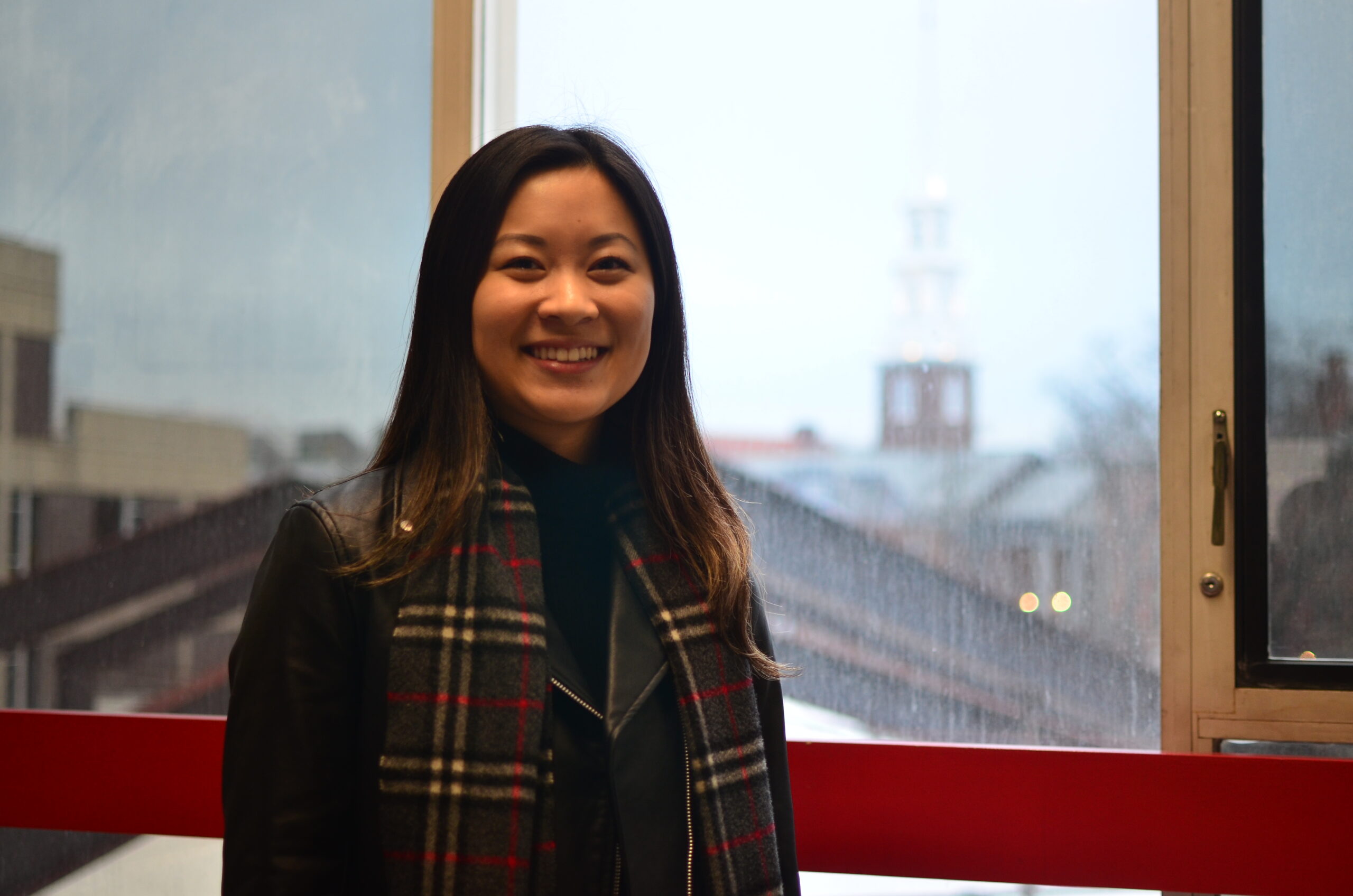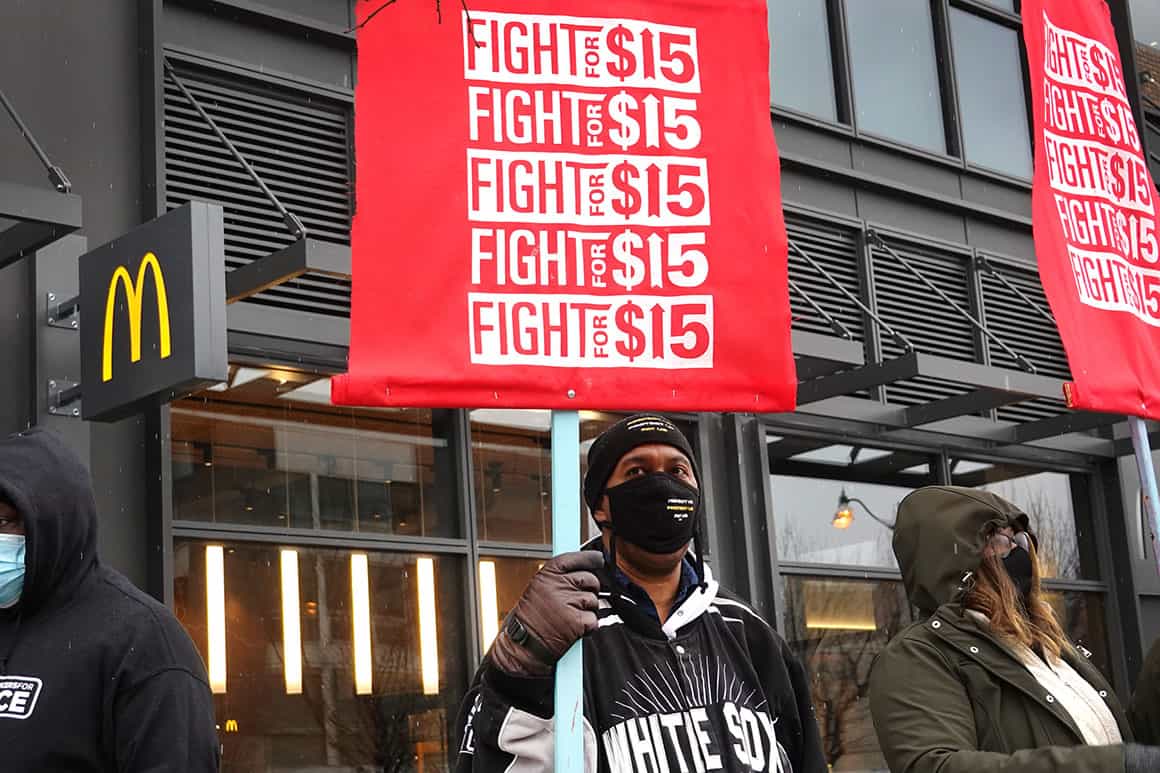
Sunah Chang is a student at Harvard Law School.
In today’s news and commentary: Corporations back away from workplace DEI initiatives, the Poor People’s Campaign launches marches across the country to call for economic justice and workers’ rights, and more university workers seek to unionize.
Corporate America has officially begun its retreat from DEI programs. According to an article published by Bloomberg on Sunday, major banks and companies have begun to scale down existing workforce diversity programs in response to last summer’s SFFA decision and the ongoing public campaign against DEI. For example, Goldman Sachs has opened up its networking summit for Black college students to white students, Bank of America has broadened internal programs that were previously only for women and minorities, and Zoom has laid off its internal DEI team. Many of these DEI programs were created or bolstered during the summer of 2020, after waves of protests responding to the death of George Floyd increased demands for racial justice across the country. Yet, the current backlash against DEI threatens to undo many of these diversity efforts within American businesses.
This past Saturday, the Poor People’s Campaign organized marches in 32 states and DC to demand poverty alleviation and mobilize low-income voters in preparation for today’s Super Tuesday. Among various calls for economic, racial, and climate justice, the campaign also demands a federal minimum wage of at least $15 an hour and calls on the government to ensure paid family and medical leave, adequate OSHA protections, and the right to form and join unions. While the Poor People’s Campaign operates at a national level, the March 2nd marches were coordinated with the help of local organizers and partner organizations, including labor unions and faith leaders. Moving forward, the campaign plans to hold 40 weeks of action leading up to the November election.
Turning to universities, more student workers have made headway in their paths to unionization. On Sunday, the Vanderbilt Graduate Workers United announced that a majority of graduate student workers had signed union authorization cards to form their union. Yesterday, Harvard Academic Workers, a union which brings together non-tenure-track academic workers at Harvard University, filed for a union election with the NLRB. Last week, the Harvard Union of Residential Advisors launched its public campaign to form a union, and is preparing to file for a union election with the NLRB.






Daily News & Commentary
Start your day with our roundup of the latest labor developments. See all
July 11
Regional director orders election without Board quorum; 9th Circuit pauses injunction on Executive Order; Driverless car legislation in Massachusetts
July 10
Wisconsin Supreme Court holds UW Health nurses are not covered by Wisconsin’s Labor Peace Act; a district judge denies the request to stay an injunction pending appeal; the NFLPA appeals an arbitration decision.
July 9
the Supreme Court allows Trump to proceed with mass firings; Secretary of Agriculture suggests Medicaid recipients replace deported migrant farmworkers; DHS ends TPS for Nicaragua and Honduras
July 8
In today’s news and commentary, Apple wins at the Fifth Circuit against the NLRB, Florida enacts a noncompete-friendly law, and complications with the No Tax on Tips in the Big Beautiful Bill. Apple won an appeal overturning a National Labor Relations Board (NLRB) decision that the company violated labor law by coercively questioning an employee […]
July 7
LA economy deals with fallout from ICE raids; a new appeal challenges the NCAA antitrust settlement; and the EPA places dissenting employees on leave.
July 6
Municipal workers in Philadelphia continue to strike; Zohran Mamdani collects union endorsements; UFCW grocery workers in California and Colorado reach tentative agreements.